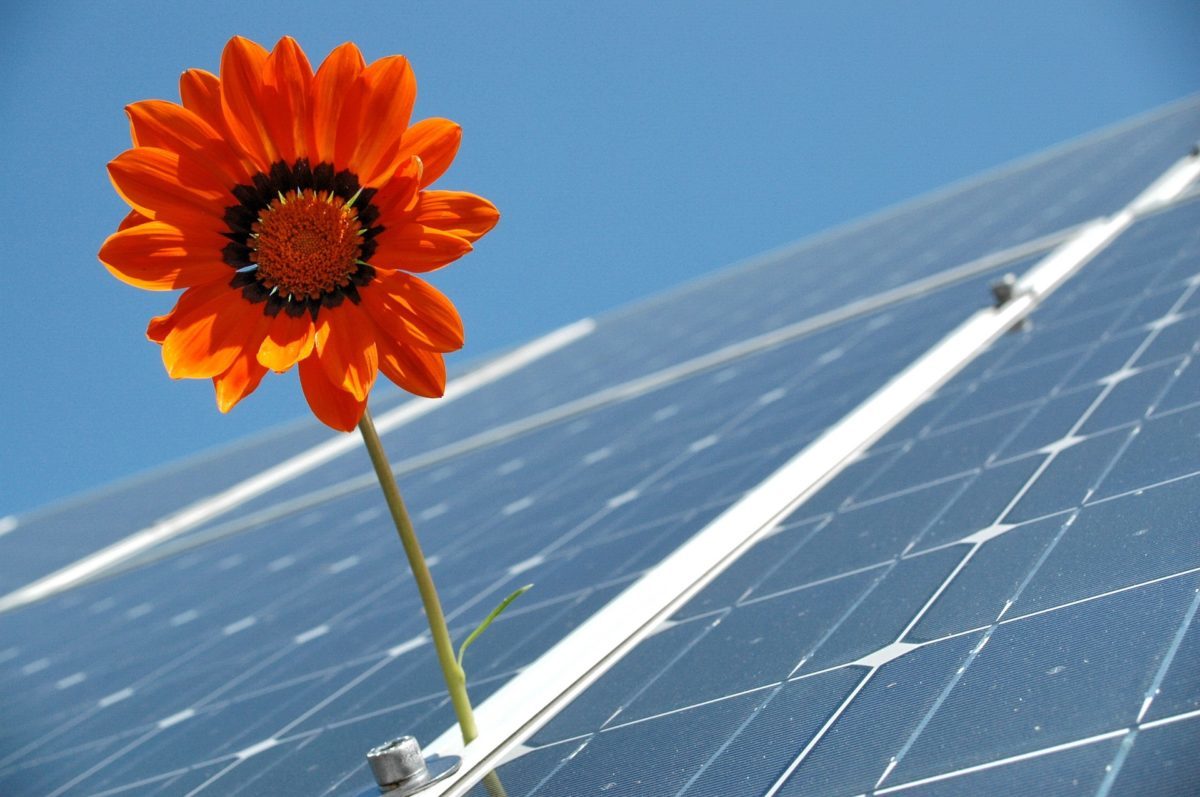A study by Finland’s Lappeenranta-Lahti University of Technology and Delhi-based Climate Trends has found it would be technically and financially feasible for North India to switch its energy mix completely to renewables by 2050.
Such a transition would see the region cut energy-related greenhouse gas emissions which are this year expected to amount to 825 metric tons of CO2 equivalent (MtCO2eq).
The study modeled a transition of the transport, power, heat and desalination sectors away from fossil fuels and nuclear power in the North India region by using geospatial and hourly-demand analysis to design a cost-optimal future energy system.
The study found, more than 95% electrification by 2050 would save the region almost 3.8 PWh in primary energy demand due to a significantly higher efficiency in delivering energy services using electricity, rather than fossil fuels. The report presented solar as the dominant power source of the modeled system, with maximum generation capacities in Rajasthan and UP, where penetration of the energy mix would rise from less than 50% in 2030 to around 97% by mid century. Batteries could be the primary technology used for energy storage across the region, and could account for nearly 46% of the electricity supply, according to the study.
Rising energy demand
“The population across North India is expected to grow steadily, from 420 to 520 million, while the average per-capita PED [primary energy demand] grows quite significantly from around 6.5 MWh/person in 2020 up to over 9 MWh/person by 2050,” stated the report. “TPED [total PED] increases from around 3,000 TWh in 2020 to about 5,200 TWh by 2050 in this study (which assumes high electrification). In comparison, current practices (low electrification) would result in a TPED of over 9,000 TWh by 2050. The massive gain in energy efficiency is primarily due to a high level of electrification of more than 95% by 2050, saving nearly 3,800 TWh compared to the continuation of current practices.”
The Building Blocks of India’s Energy Future – North India’s Energy Transition based on Renewables report also found, deep de-fossilization of North India’s energy system would generate 5 million jobs in 2050, up from almost 3 million jobs today under the fossil fuel-based energy system.
The report is focused on Jammu and Kashmir, including Ladakh; Himachal Pradesh; Punjab and Chandigarh; Uttarakhand; Haryana; Delhi; Rajasthan; and Uttar Pradesh.
This content is protected by copyright and may not be reused. If you want to cooperate with us and would like to reuse some of our content, please contact: editors@pv-magazine.com.









By submitting this form you agree to pv magazine using your data for the purposes of publishing your comment.
Your personal data will only be disclosed or otherwise transmitted to third parties for the purposes of spam filtering or if this is necessary for technical maintenance of the website. Any other transfer to third parties will not take place unless this is justified on the basis of applicable data protection regulations or if pv magazine is legally obliged to do so.
You may revoke this consent at any time with effect for the future, in which case your personal data will be deleted immediately. Otherwise, your data will be deleted if pv magazine has processed your request or the purpose of data storage is fulfilled.
Further information on data privacy can be found in our Data Protection Policy.